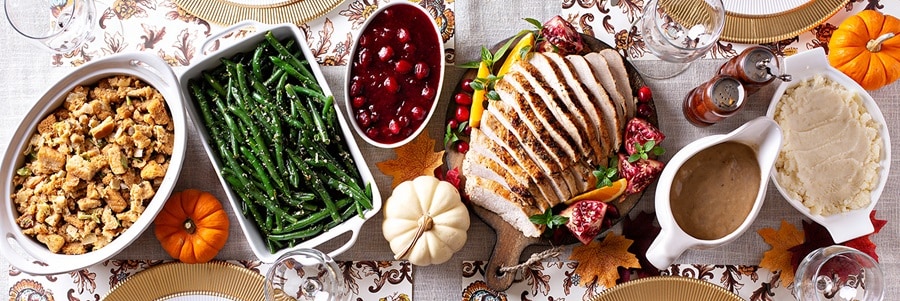Heartburn and GERD Treatment Options
Problem Heartburn and GERD
With the holiday season about to be in full swing, many people enjoy the food that comes with Thanksgiving, Christmas, New Year’s and the parties in-between. But many people aren’t aware that foods and other triggers can lead to gastrointestinal issues such as heartburn and acid reflux. And with studies showing that acid reflux is on the rise, it’s important to know the causes, symptoms and treatments for this common condition.
Appointments
Making an appointment is easy and we can see you quickly. Call for an appointment or more information: 828-580-6752 or 828-580-7048.
FOODS TO AVOID: citrus fruits, cranberries, coffee, chocolate, peppermint, spicy foods
THREE CHANGES TO MAKE:
- Eat an apple a day . . . instead of an orange
- Have an early dinner – give yourself two hours between eating dinner and going to bed
- Keep a record of your symptoms including what you eat and drink, sleep issues and days and times of symptoms
What is Gastroesophegeal Reflux Disease?
Heartburn and acid reflux that occur two or more times a week are caused by a digestive disorder known as gastroesophegeal reflux disease, or GERD. In a person with GERD, the muscle between the esophagus and stomach does not work properly, allowing stomach acid from the stomach to travel up to the esophagus.
“This is what causes the burning chest pain associated with heart burn and chest pain,” says Gerald Mank, MD, a gastroenterologist and Program Director of the GI Fellowship at Blue Ridge Digestive Health. “In addition to burning chest pain, another common symptom of GERD is a sour or bitter-tasting acid backing up into your throat or mouth, a process known as regurgitation.”
Dr. Mank says other symptoms include bloating, burping, hiccups that won’t go away and dysphagia, a narrowing of the esophagus which makes it feel as though food is stuck in your throat.
What Causes GERD?
Just as important as knowing the symptoms of GERD is knowing its causes. There are a variety of common causes and risk factors, including the following:
- Having a hiatal hernia
- Eating large meals or lying down right after a meal
- Being overweight or obese
- Eating certain foods, such as citrus, tomato, chocolate, mint, garlic, onions, or spicy or fatty foods
- Drinking certain beverages, such as alcohol, carbonated drinks, coffee, or tea
- Smoking
- Pregnancy
If you experience heartburn and acid reflux frequently, it's important to see your doctor for an accurate diagnosis of GERD. Lifestyle changes and medications can bring many people relief and are often the first step in treatment.

How to Stop GERD from Occurring
Common recommendations include avoiding the foods and beverages that trigger symptoms, quitting smoking, taking steps to lose weight if you are overweight, refraining from eating a few hours before lying down, and considering medications such as antacids to neutralize stomach acid.
If those steps don’t resolve your symptoms, further testing by your doctor, such as endoscopy, can uncover the specific cause of your condition and determine the best way to treat it. In some cases, surgery may be the most effective treatment.
“Knowledge is always the first step toward prevention and treatment,” says Dr. Mank. “Knowing the facts about acid reflux and GERD may help to prevent its occurrence, treat the condition more effectively and improve your quality of life.”
For more information or to make an appointment, call 828-580-6752 or 828-580-7048.